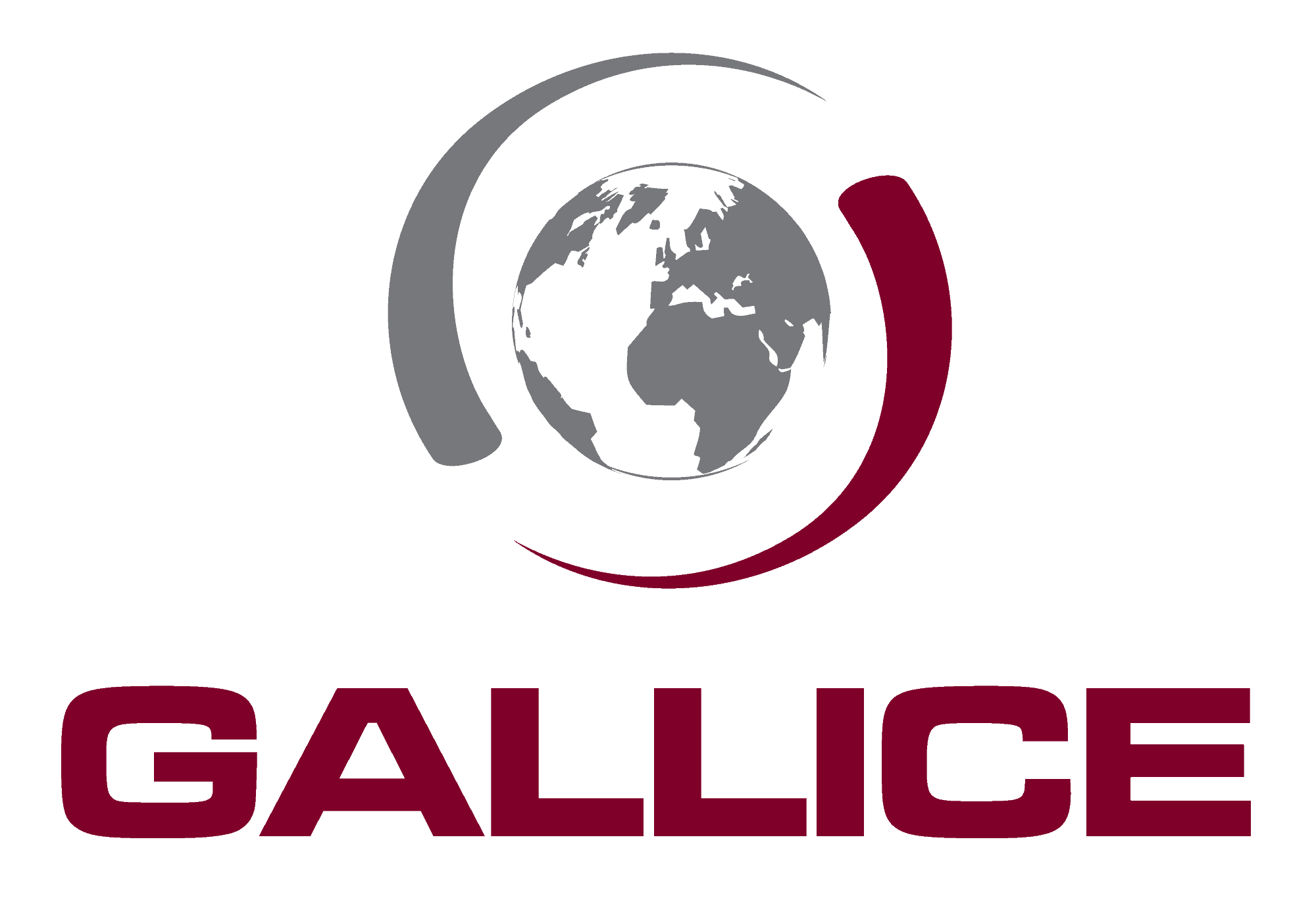CHAD
Chad remains, in 2025, an extremely unstable country beneath a veneer of institutional stability. This apparent calm masks a prolonged political crisis, heavy militarisation of power, and a deeply deteriorated regional environment.
Since the death of Idriss Déby Itno in 2021, the country has been ruled by his son, Mahamat Idriss Déby, heading a Transitional Military Council. Initially meant to pave the way for democratic transition, this body has become entrenched, with promised elections repeatedly postponed.
In 2024, despite promises of civilian rule, elections were marred by irregularities and opposition exclusions, sparking violent protests in N’Djamena and other cities. Repression was brutal: random arrests, internet shutdowns, and live ammunition were used. The regime has also increased anti-Western rhetoric, amplified by Russian-backed media.
Chad is surrounded by crisis-hit states (Libya, Sudan, Central African Republic, Niger) and faces intense cross-border security pressures: active jihadist groups in the north and west (Boko Haram, IS affiliates), arms and drug trafficking in Saharan and Sahelian zones, armed banditry in the east (Ouaddaï region), and ethnic tensions along the Sudanese border, fuelled by the war in Darfur.
The risk of kidnapping is high in all peripheral regions. Security forces are corrupt, and incidents of violence at checkpoints, extortion, and abuse against civilians are frequently reported.
Lake Chad and Kanem provinces are especially affected by Boko Haram and Islamic State West Africa Province (ISWAP) incursions. Despite military operations, the region remains largely out of control, with frequent attacks on the army and civilians.
All travel outside N’Djamena is strongly discouraged except for imperative reasons and with secure escort.
Even the capital presents risks: spontaneous protests, political tensions, heavy military presence.
Border regions with Libya, Niger, Sudan, and the Central African Republic should be completely avoided.
Any mission requires detailed security planning, including alert systems, evacuation plans, and enhanced diplomatic coordination.
